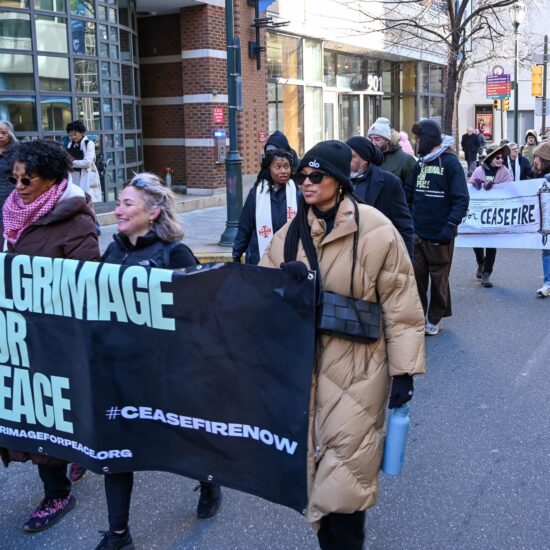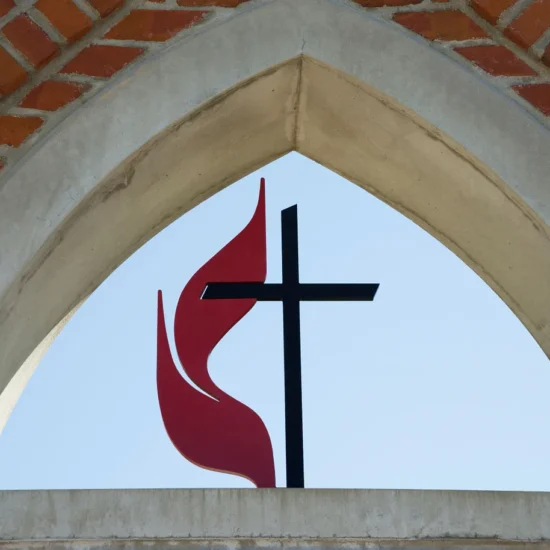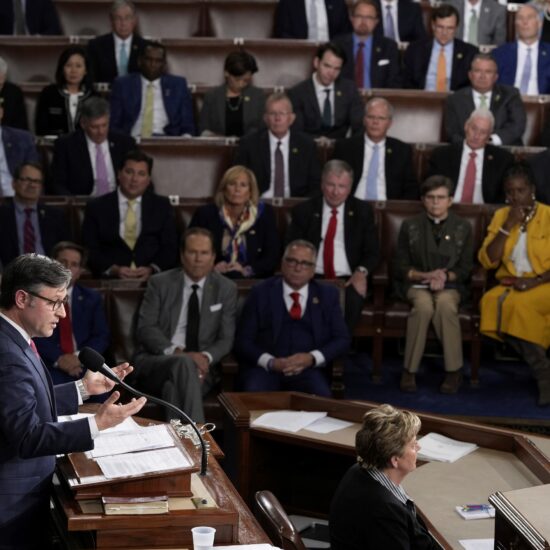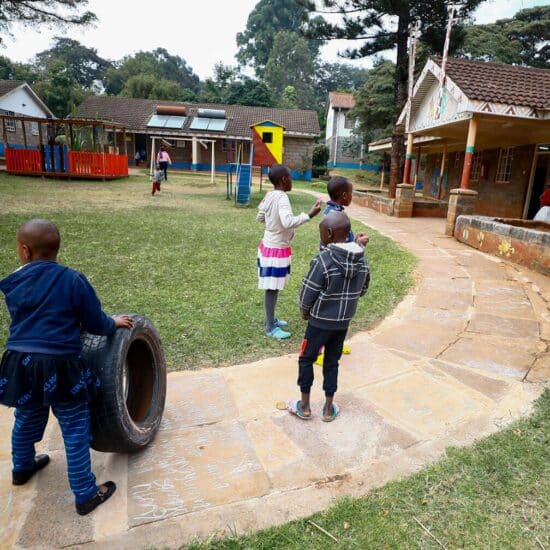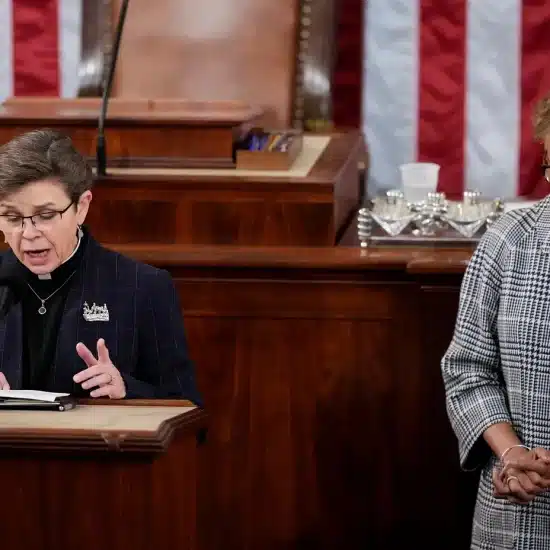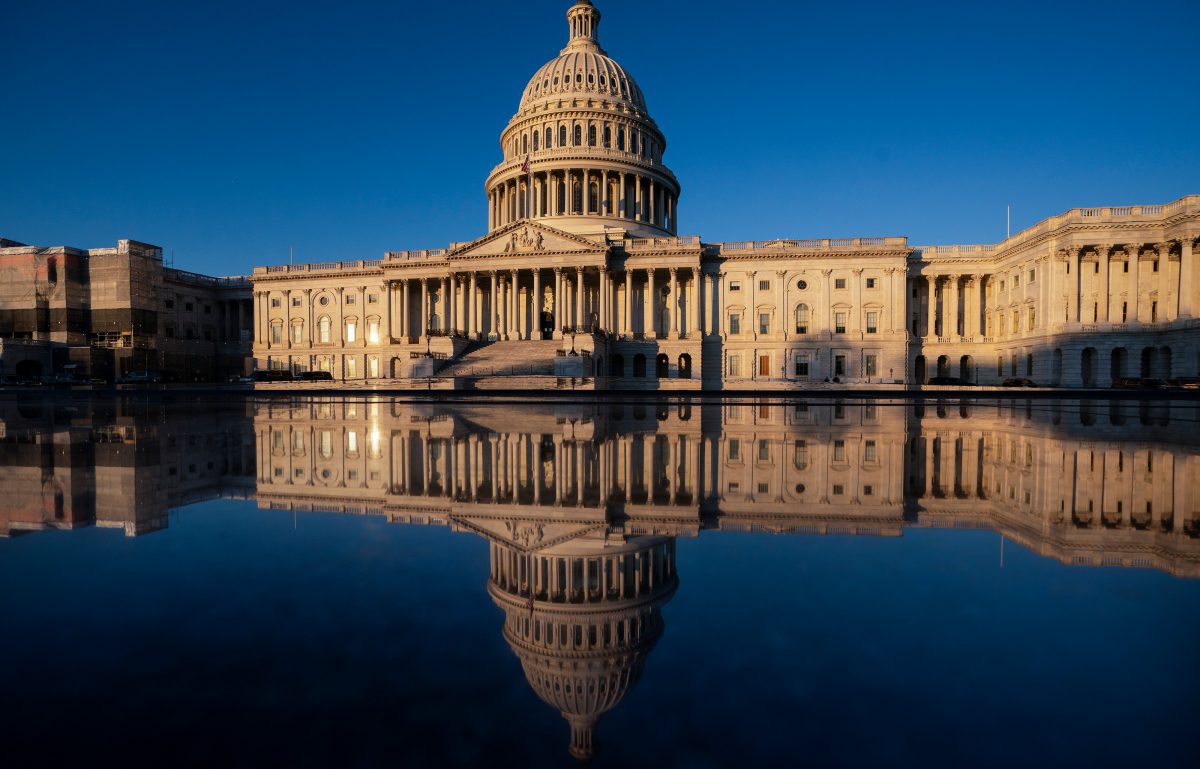
(RNS) — The 117th session of Congress got off to a testy start on Sunday (Jan. 3), including an opening prayer from an ordained member whose pairing of “awomen” with the traditional “amen” raised both hackles and questions about the meaning of the word. But what is rarely at question is the religious composition of Congress, as the House and Senate remained overwhelmingly Christian (88%), and heavily Protestant (55%), the Pew Research Center has found.

The Capitol is seen in Washington, D.C., on Dec. 18, 2019. (J. Scott Applewhite/Associated Press)
A total of 294 House and Senate members are Protestant Christians, out of a possible 535 — nearly the same as the last Congress. Like the previous Congress, too, the 117th Congress is also unlike America as a whole when it comes to faith allegiances.
Whereas about a quarter (26%) of U.S. adults are religiously unaffiliated — describing themselves as atheist, agnostic, or having no particular religion — Senator Kyrsten Sinema, a Democrat from Arizona, was the only member of Congress to identify as religiously unaffiliated. Rep. Jared Huffman, a California Democrat, describes himself as a humanist. Both Sinema and Huffman have said they do not consider themselves atheists. Eighteen others declined to specify a religious affiliation.
“Is it disappointing that there’s this much underrepresentation of non-religious voices in Congress?” asked Hemant Mehta, an atheist writer and podcaster. “Yes. It’s deeply depressing.”
But he noted he was encouraged that four of the 18 who declined to specify a religious affiliation are part of the Congressional Freethought Caucus, a group established in April 2018 to foster science and reason.
Pew found a growing number of congressional members do not identify with a particular denomination, such as Methodist, Lutheran or Presbyterian. There were 96 members of Congress who said they were simply Christian or Protestant. By contrast, in 2009, during the 111th Congress, only 39 members described themselves this way.
The Pew analysis relied on CQ Roll Call data on the religious affiliations of members of Congress.
It found that several religious groups were overrepresented in the new Congress. Jews make up 2% of the U.S. population but 6% of the new Congress (or 33 members). Catholics, who make up about 20% of the U.S. population, comprise 30% of the new Congress (or 158 members). Likewise, Presbyterians, Episcopalians, and Methodists were also overrepresented.
Pentecostals were underrepresented. They make up 0.4% of Congress vs. 5% of all U.S. adults. While Baptists make up 15% of the U.S population, the 66 Baptist congressional members account for just 12.5% of the 117th Congress.
Among other findings:
- There are nine Mormons, members of the Church of Jesus Christ of Latter-day Saints, in the 117th Congress.
- The new Congress, like the old, has three Muslim representatives: Reps. André Carson, Ilhan Omar, and Rashida Tlaib.
- It also has two Buddhists: Rep. Hank Johnson and Sen. Mazie K. Hirono, the same two who served in the previous Congress.
- There are two Hindus in Congress — Rep. Ro Khanna and Rep. Raja Krishnamoorthi, both returning members. (Washington state Rep. Pramila Jayapal, was among those who refused to identify a religious affiliation.)
Nearly all the non-Christian representatives (with the exception of three: two Jews and one who declined to state his religious affiliation) were Democrats.

